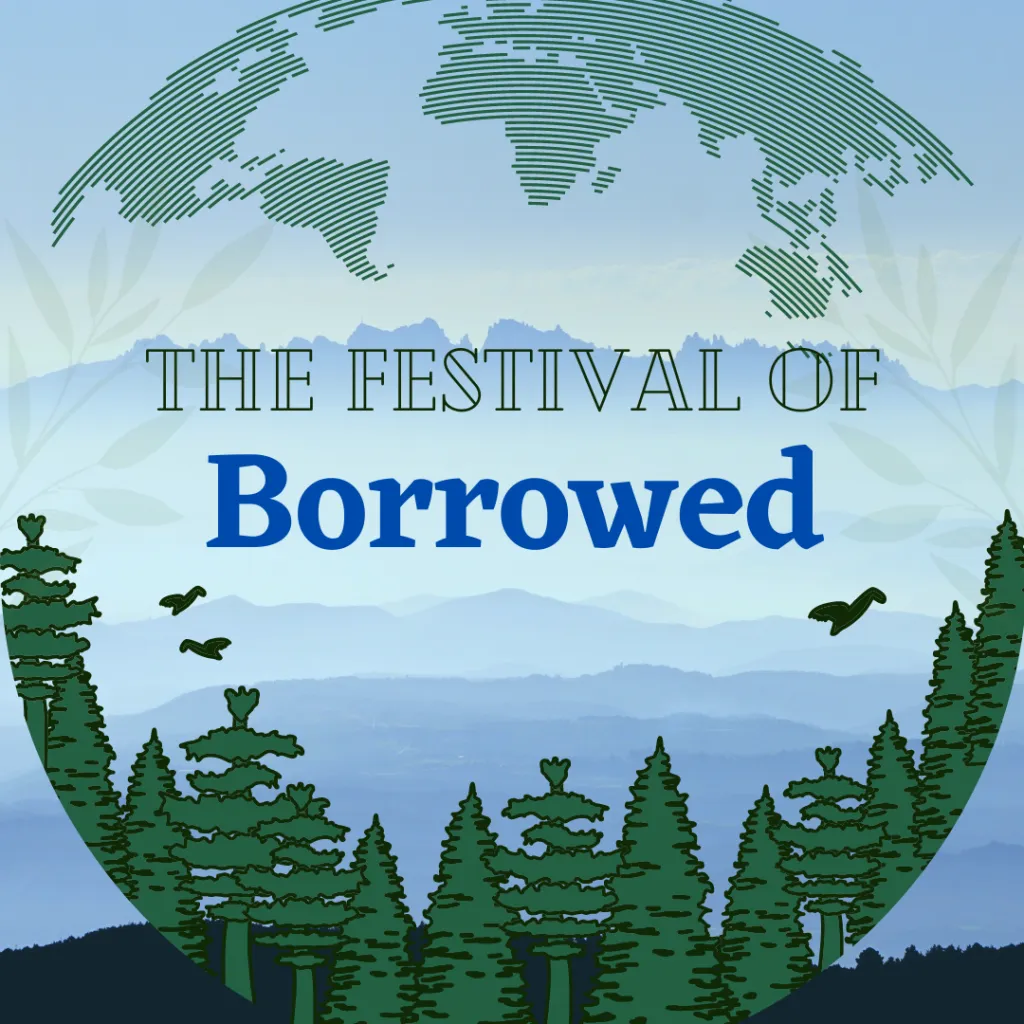Disability
Do We Act Justly? Disability, Mental Illness and Vulnerability by Léithin Cluan
Disabled people are routinely treated as a ‘vulnerable’ group, rather than as a marginalized one. But what if they were included under a social justice banner instead?
The River of Justice by Léithin Cluan
"At one point, I stood in the centre of the field, wondering why we still have no lit paths back to the accessible camping area, why we still have no electric mobility aid charging points, why people’s mental health difficulties or triggers or physical needs still aren’t taken into account when we design rituals, why we don’t have a hearing aid loop for deaf people, why the showers are still a death trap for people with mobility difficulties (though slightly less so than in previous years… so that’s something… I suppose?) "
Pagan Events and Special Needs Children (or Adults) by Morgan Daimler
"If we, as modern pagans, want to be truly inclusive in our public rituals then we need to stop thinking that inclusive means crafting the ideal experience for able-bodied, contemplative adults. We need to start thinking of ourselves as the diverse group that we are. Crying babies, fussy children, outbursts, physical limitations, dietary restrictions…these are all the realities of the world we live in, and they are the realities of the world that the Gods, spirits and ancestors are connected to."
Welcome vs. Go Away by Jane Raeburn
"Some people in the Pagan community get it. They design gatherings with flexibility built in. They communicate clearly but inclusively — “We will be doing X” rather than “X kind of people should not apply.” They are more interested in providing a positive experience and encouraging their fellow Pagans than in excluding people whose bodies don’t meet their preconceived notions. They welcome questions and find ways to work around limits."
Spoons and Broomsticks - the Pagan Federation Disabilities Team blog
This blog is the home of the Pagan Federation Disabilities Team. We are working to help Pagans with disabilities to get involved in their community. We support both individual Pagans and groups and event organisers who wish to make their events as accessible as possible.
Accessible circles by Yvonne Aburrow
There are several activities that happen in Wicca and other Pagan traditions that might make our rituals inaccessible. That doesn’t mean we can never do those activities: it does mean being aware of the needs of participants, preferably by asking them in advance what their needs are. The great news is that an activity or resource that is accessible is better for everyone, because everyone has some needs that are not met by inaccessible resources. I am a web developer and I specialize in user experience, which brings together usability and accessibility requirements with what happens offline to create a seamless and satisfying experience.
Events checklist – disability and access - Voluntary Arts
"Providing opportunities for people with all types of abilities isn’t simply about meeting legal requirements. It is about making decisions on all aspects of your activities that ensure as wide a range of people as possible are involved. This demonstrates that you have put some thought into the quality of people’s experience and that you are interested in their wellbeing while they are with you. Measures put in place to help people with a range of different needs can – and often do – benefit everyone."
Euan's Guide - venue guide by & for disabled people
This is basically TripAdvisor for disabled people, and lists disabled toilets, accessible venues, hearing loops and so on.
Disabled people, their friends and families can use the website to search for listings and reviews of venues across the UK and beyond. Listings include information about accessible toilets, wheelchair access, hearing loops and multiple other access features that exist at any one particular venue.Making your event accessible for everybody! (PDF)
Kids Inclusion Guidance and Action Checklist for Community Events. Produced to help you include disabled young people in community events.
Spoon Theory by Christine Miserando
"I explained that the difference in being sick and being healthy is having to make choices or to consciously think about things when the rest of the world doesn’t have to. The healthy have the luxury of a life without choices, a gift most people take for granted."
Back to Articles


Comments
Post a Comment